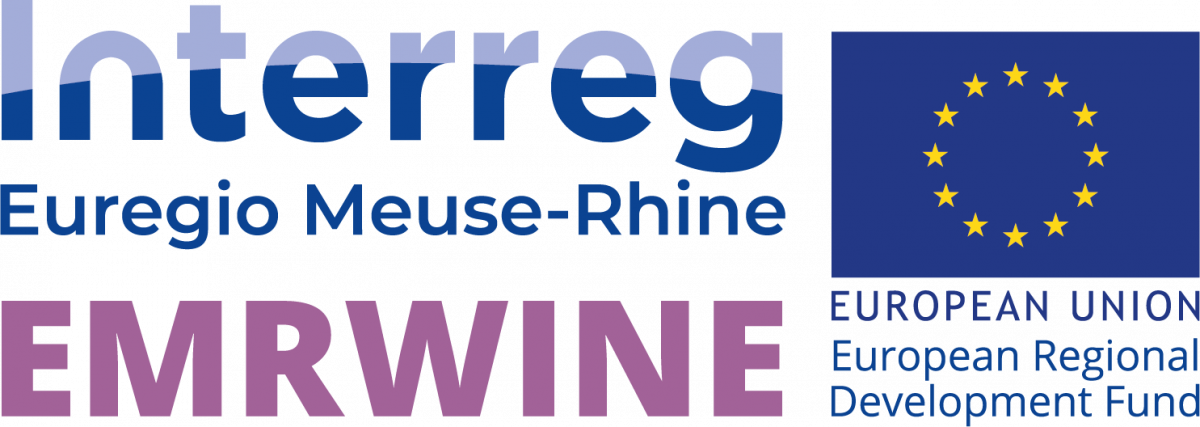
In view of the climate emergency coupled with the repeated health crises of the last thirty years, the agro-ecological transition of agriculture has become an urgent necessity, both for the environment and for society in general and for farmers themselves. Fighting climate change, preserving terrestrial and aquatic life, promoting clean energy, responsible consumption and production... are sustainable development objectives, set by the United Nations (UN) and adopted in 2015, which lead to a change in production methods.
The EMRWINE project is in line with this transformation logic and will enable
smart growth through innovation in agricultural practices,
sustainable growth through the introduction of local and organic wine-growing (changing production methods to avoid the use of pesticides)
and inclusive growth by promoting agricultural professions among young people thanks to new educational methods.
These pedagogies will make it possible to show that the sector offers jobs with a future and oriented with a societal commitment. Agricultural education, whose primary vocation is to train future professionals, must learn to produce differently and adapt its educational content to train future generations. The ecological transition creates new jobs, but above all contributes to the evolution of existing jobs, thanks to the diffusion of eco-technologies, eco-products, and the appearance of new ways of producing, building, working and managing the business in its environment.
The main objective of the "EMRWINE" project is to create a network in the Meuse-Rhine Euregio between the production and training sectors in wine-growing to create an ecological, sustainable and local sector in its means of production and consumption.
Click here to consult the website of the Interreg project EMRWINE. We would also like to redirect you to the project page of the EMRWINE project.
Target audiences
The "EMRWINE" project is aimed at :
Professionals in the wine and wine-growing sector;
Students in higher education agronomy courses;
Pupils in higher education agronomy courses;
Citizens of the Meuse-Rhine Euregio.
Objectives
The "EMWINE" project aims to :
Changing the modes of agricultural production in the Meuse-Rhine Euregio;
Develop training programmes on sustainable practices in agronomy for pupils, students and professionals;
To create a sustainable label to enhance the value of wine production in the Meuse-Rhine Euregio;
To set up a Euregional training centre to increase the region's expertise in the wine sector;
Digitalising tools to help professionals manage their farms.
Financing
The "EMRWINE" project is a project financed by CALL6 of the Interreg V-a programme of the Euregio Meuse-Rhine, supported by the ERDF fund of the European Union.
Partners
The "EMRWINE" project is a project conceived by and for the Meuse-Rhine Euregio. The operators involved in the realisation of the objectives of this project are :
Centre Provincial de Formation en Agriculture et Ruralité de la Province de Liège (Lead partner);
Stichting College Citaverde (Project partner);
PXL Hogeschool (Project partner);
PCFRUIT vzw (Project partner).
"EMRWINE is also supported by :
Dienstleistungszentrum Ländlicher Raum Mosel ;
The Holliguette Estate;
Domaine Sint Martinus.


